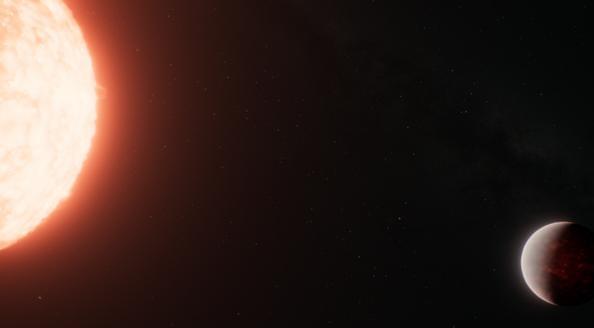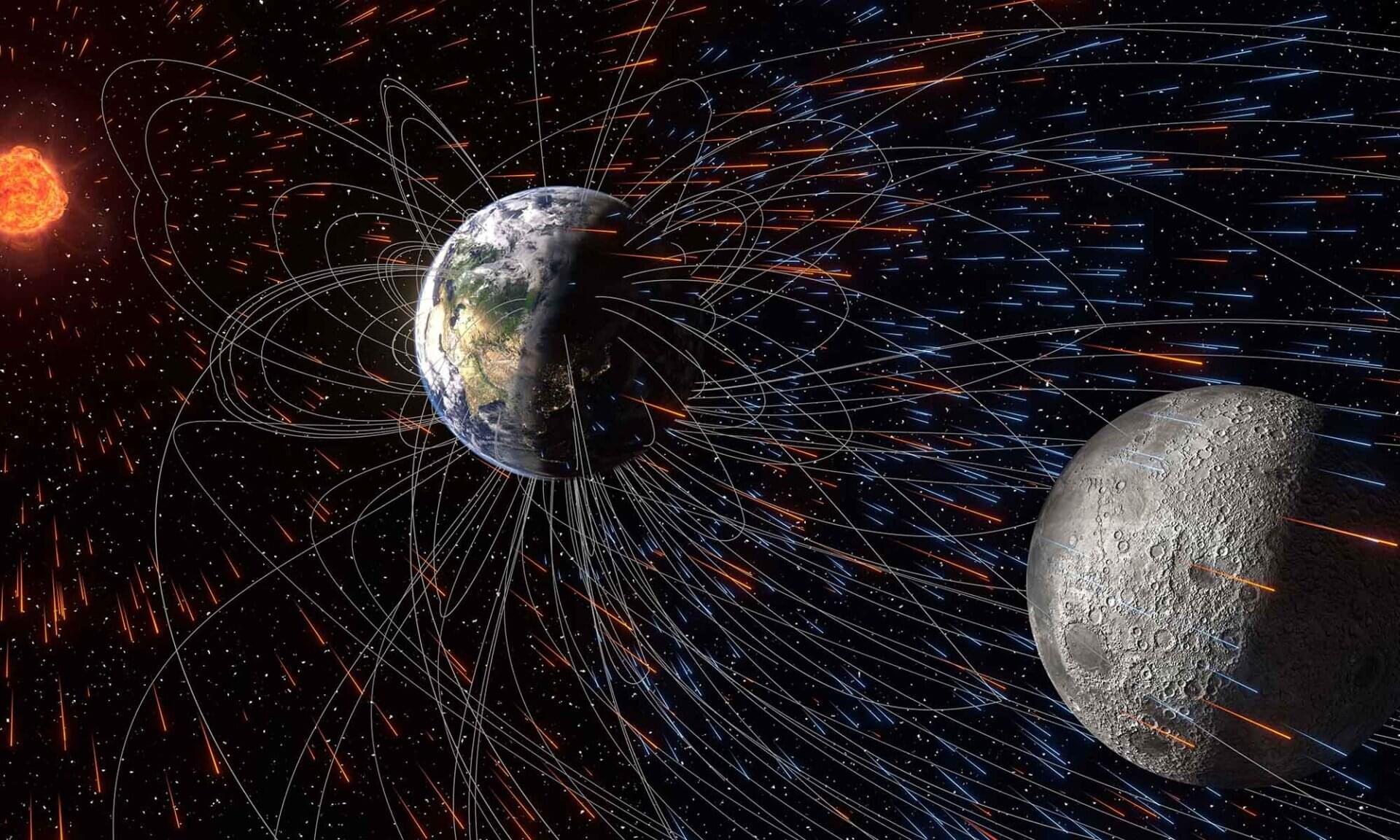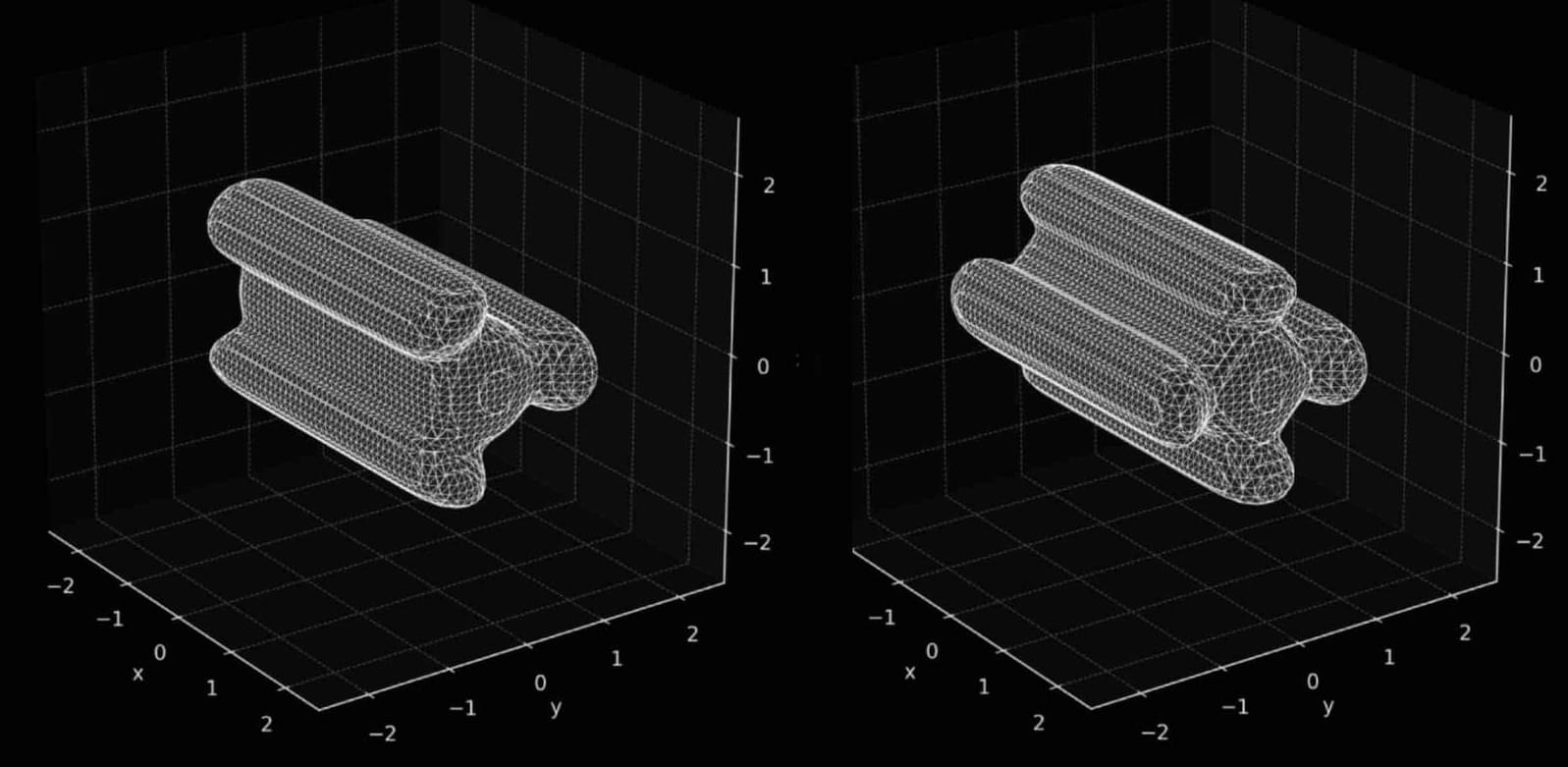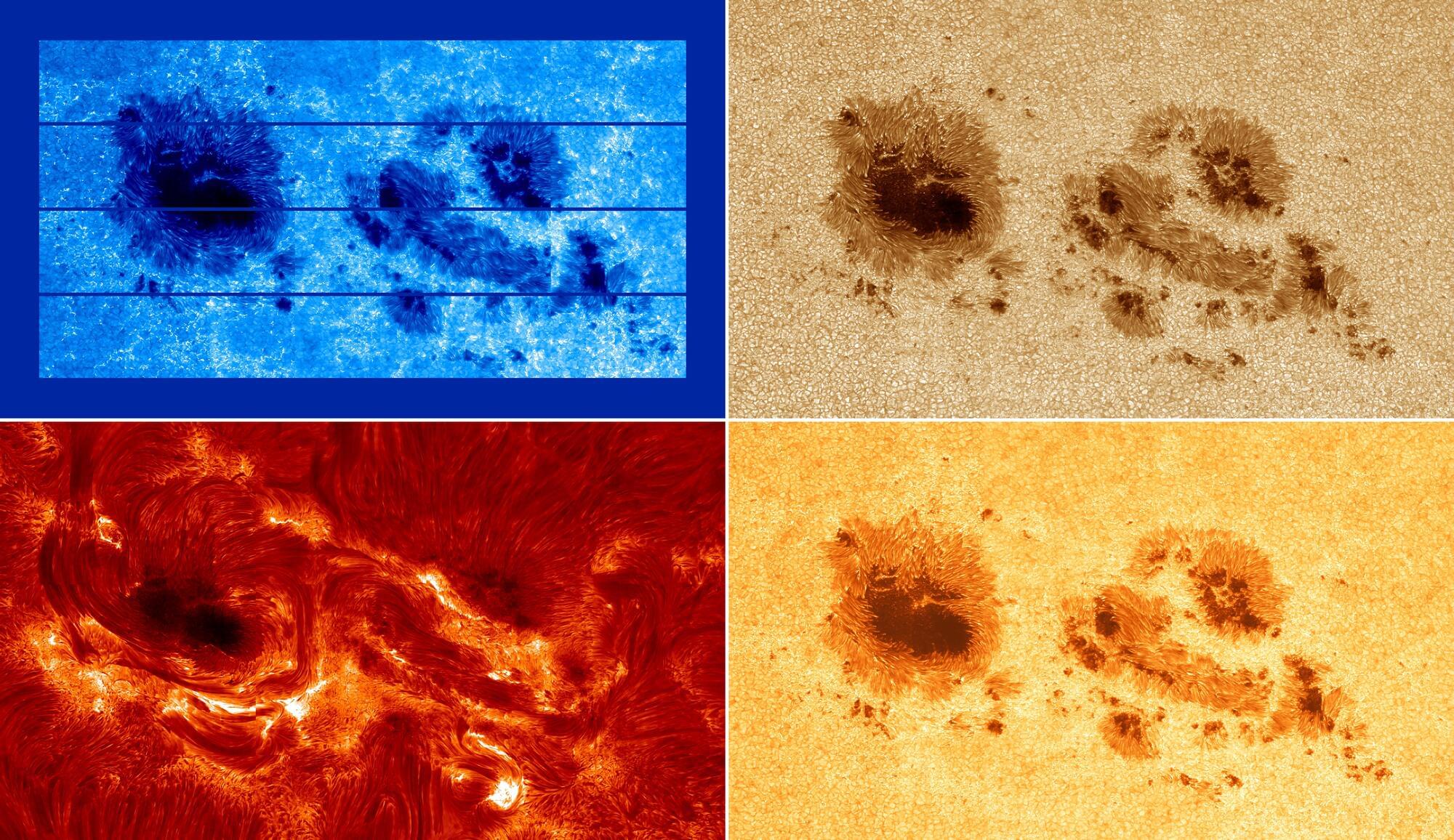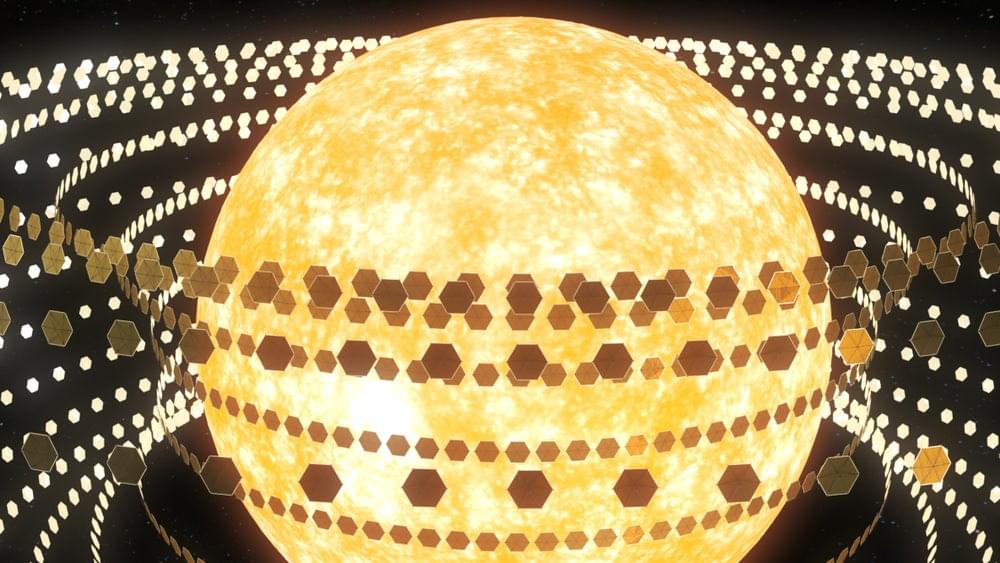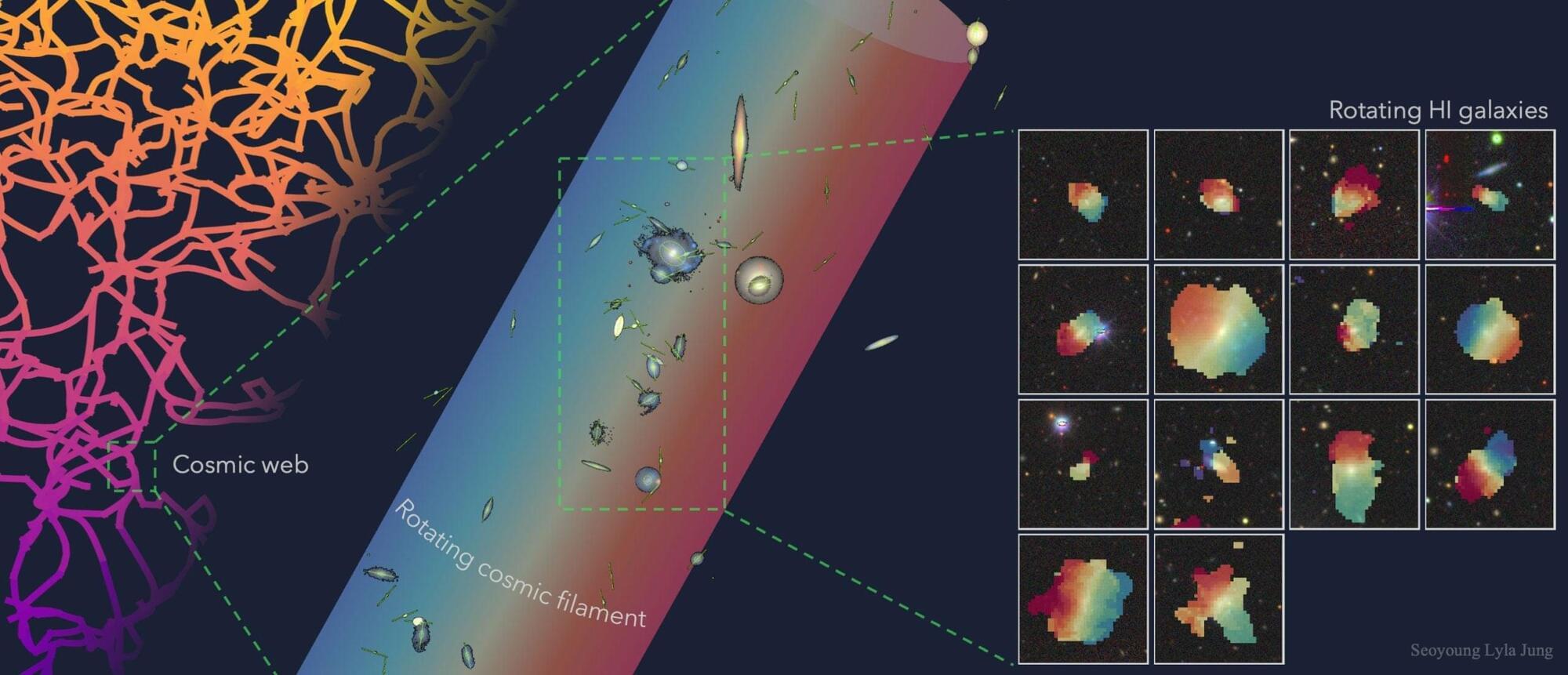“What really sets this planet apart is its anomalously low density. It is less dense than you would expect if it had an Earth-like composition,” said Dr. Johanna Teske.
What can a rocky molten exoplanet with an atmosphere teach astronomers about planetary formation and evolution? This is what a recent study published in The Astrophysical Journal Letters hopes to address as a team of scientists investigated a thick atmosphere enveloping an exoplanet where previous hypotheses state it shouldn’t exist. This study has the potential to help scientists not only challenge longstanding hypotheses regarding exoplanets but also gain new insight into planetary formation and evolution.
For the study, the researchers used NASA’s James Webb Space Telescope (JWST) to observe TOI-561 b, which is located approximately 86 parsecs (280 light-years) from Earth and whose radius is 1.4 times of Earth. What makes TOI-561 unique is its orbit is only 11 hours long, resulting in an equilibrium temperature of approximately 2,500 Kelvin (2,227 degrees Celsius/4,040 degrees Fahrenheit).
